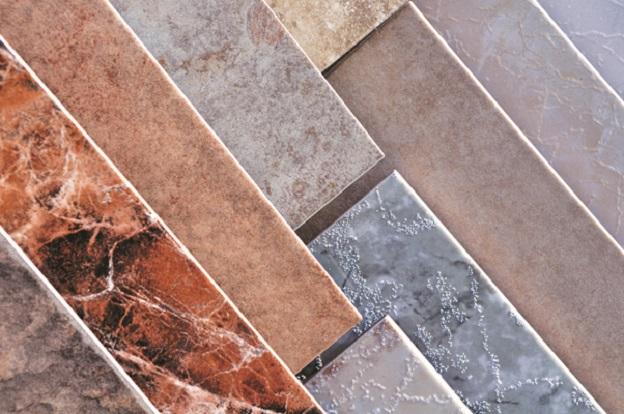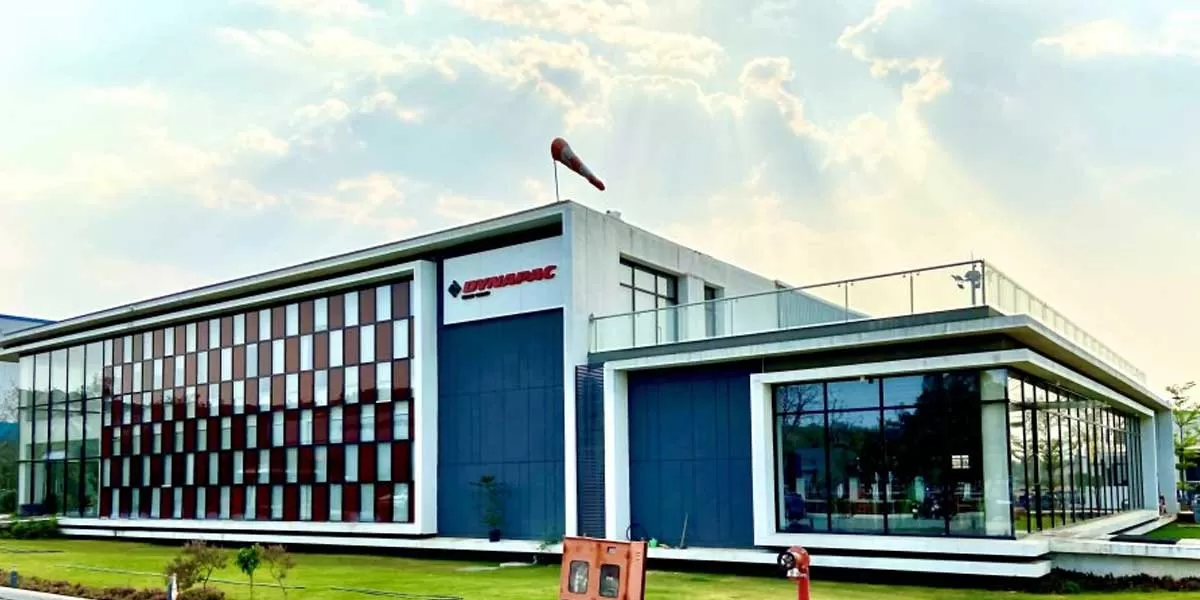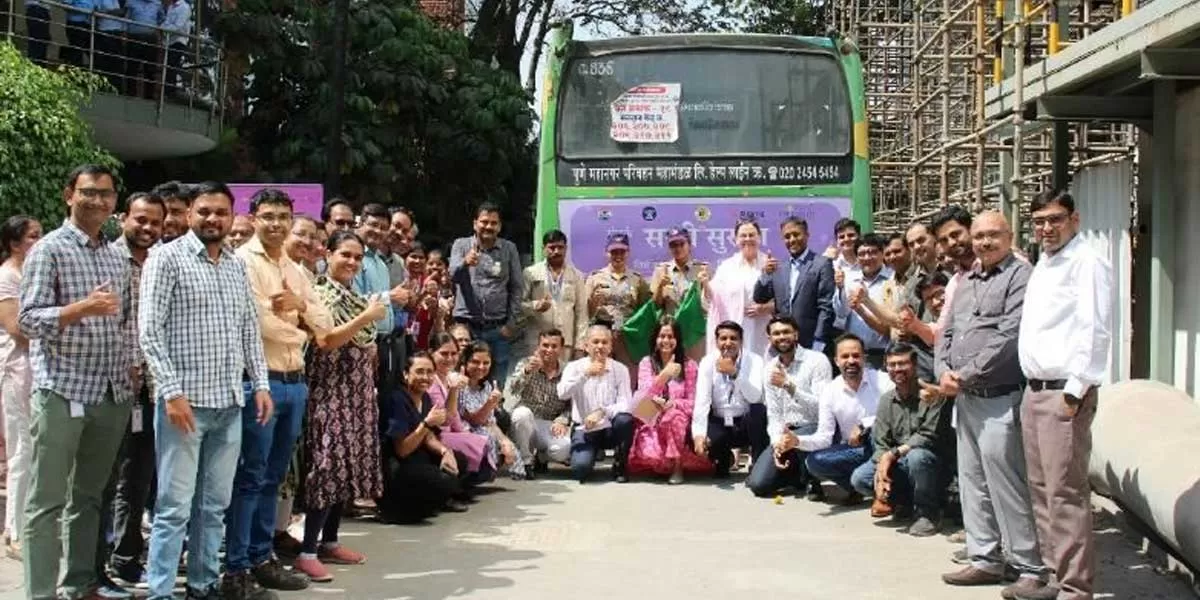
Commerce ministry wants anti-dumping duty on Chinese tiles

Bennett Coleman Acquires Four Commercial Spaces in Mumbai
Bennett Coleman And Company Limited (The Times of India Group) has acquiring four commercial spaces in Santacruz East, Mumbai. The total transaction value across these deals amounts to Rs 2.61 billion, according to property registration documents reviewed by Square Yards on the website of the Inspector General of Registration (IGR) https://igrmaharashtra.gov.in. All the four transactions were officially registered in March 2025.Santacruz East, strategically located in Mumbai’s western suburbs, is a sought-after commercial destination due to its proximity to key business districts such as Ban..

Dynapac Partners with Sai Chaitanya Equipments for North Maharashtra
Dynapac, a global leader in the manufacturing of high-quality road construction and compaction equipment, is pleased to announce a strategic partnership with Sai Chaitanya Equipments as its Authorised Channel Partner for the North Maharashtra and Marathwada region.This partnership marks a significant step in Dynapac’s efforts to expand its presence and better serve customers in these important regions of India. Sai Chaitanya Equipments brings valuable market expertise and a deep understanding of local customer needs, positioning them as an ideal partner to help Dynapac drive growth, extend i..

Alleima Expands Commitment to Women’s Safety Initiative in PCMC
As part of the Damini Sakhi programme, the Dapodi-based company is funding a public awareness campaign featuring Information, Education and Communication (IEC) materials. Alleima India reinforces its commitment to women’s safety by launching a bus campaign ensuring emergency helpline numbers are accessible to women in distress. Thousands of women rely on public transport for their daily commute in the Pimpri Chinchwad Municipal Corporation (PCMC) area. To ensure emergency helpline numbers are accessible for women in distress, Alleima India has decided to continue its commitment to women’s..














